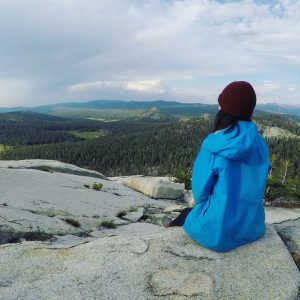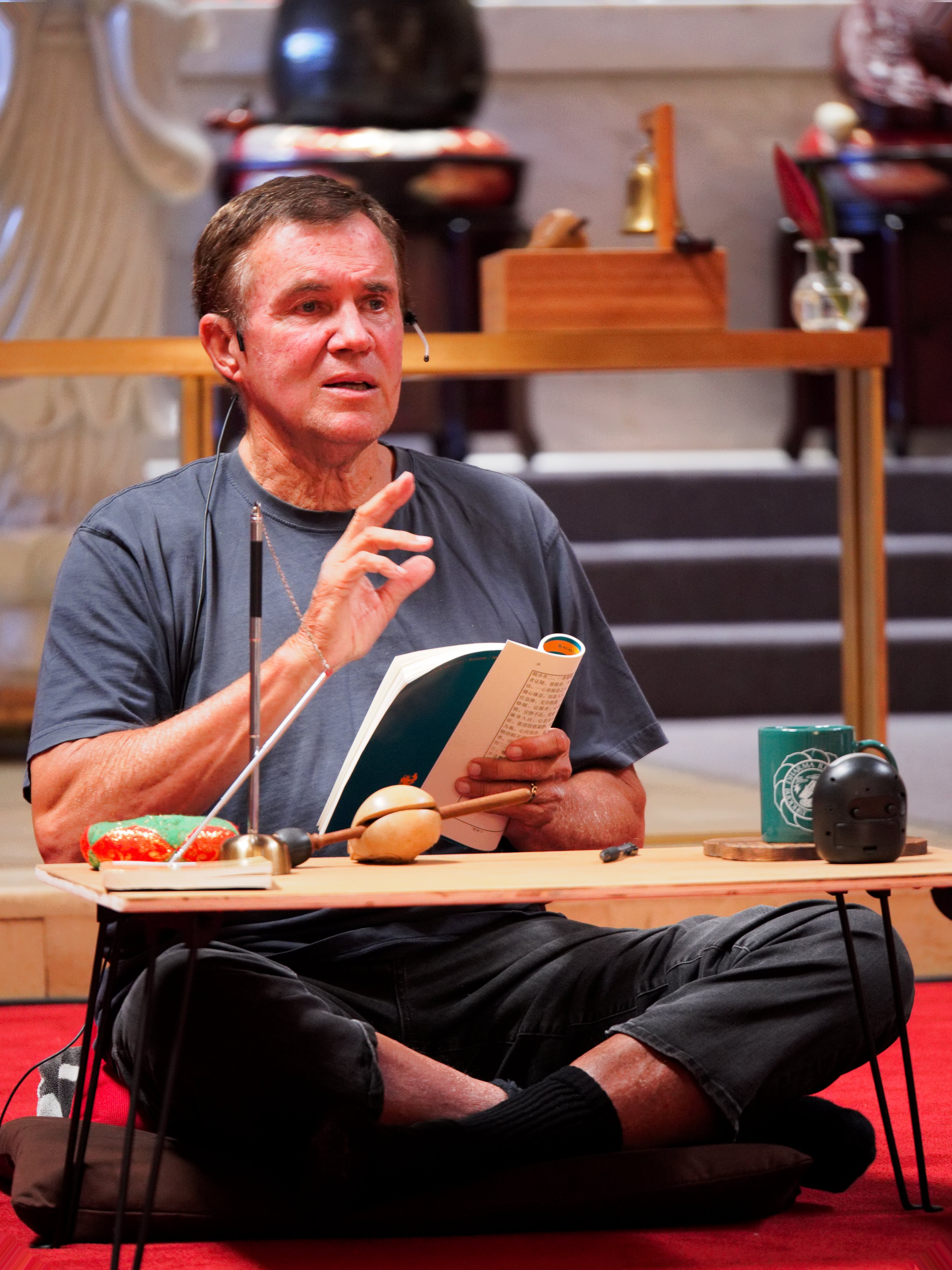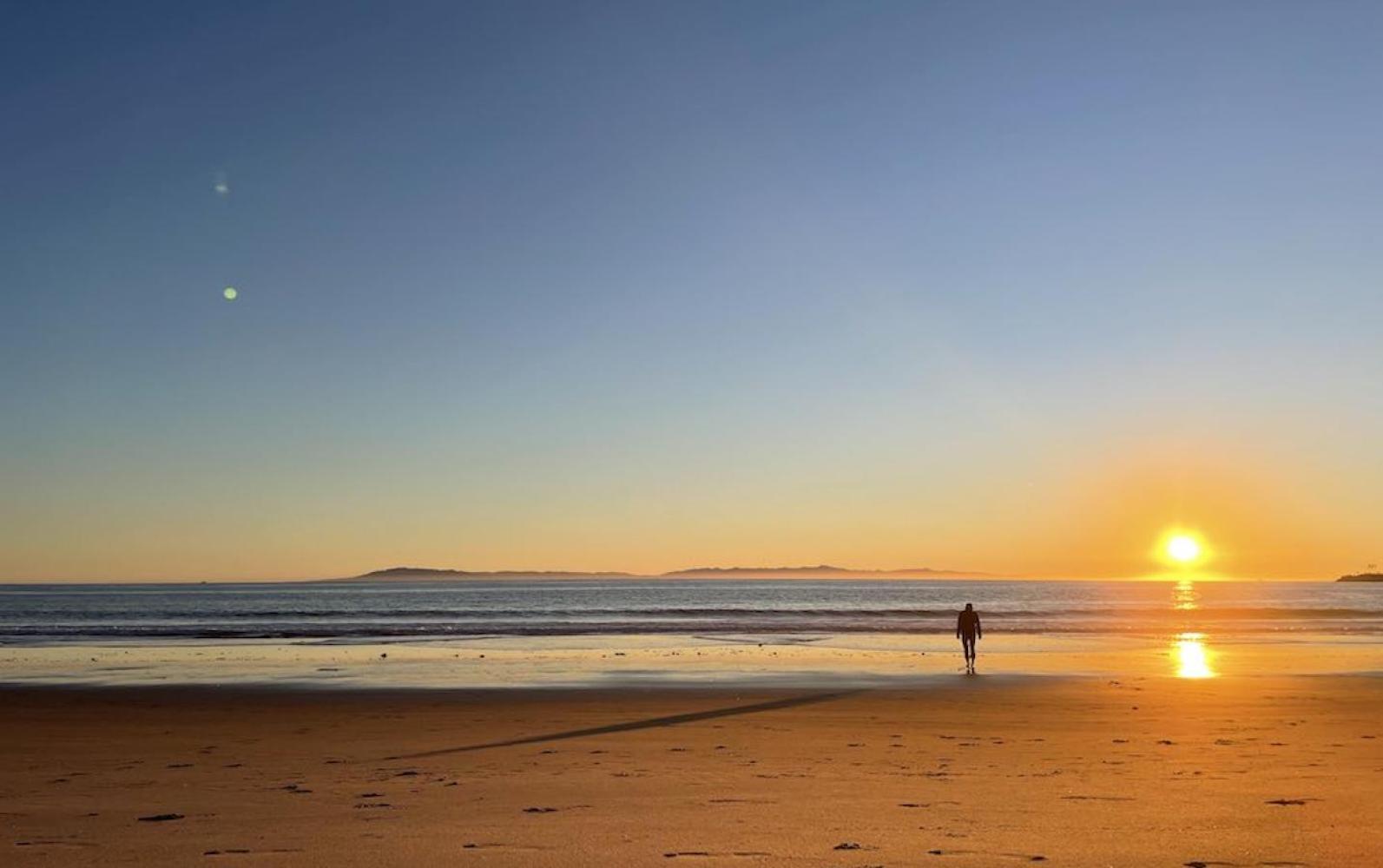
How To Not Feel Aimless?—A Buddhist Response
Often we may be plagued by a sense of aimlessness. So, how do we quell this aimlessness? Professor Doug Powers provides a Buddhist perspective to our question: "Is there an alternative to my aimless existence?"
As long as you think your existence is who you think you are, there isn’t any answer to that. Because who you think you are doesn’t have any purpose.
So, insofar as you think you are who you are—as in, your narrative, your story about yourself, all the stories you make up about that, all the projections of what you think you want, whether you’re satisfying or not satisfying them, how far along are you in your dreams and images etc. Okay I’m accomplishing this amount so I’m happy. I’m not accomplishing this amount, so I’m unhappy. I wish I had this and I hope I have that. All of this is a completely hopeless and aimless existence. So, I can’t help you with that.
However, having said that, that isn’t actually what’s going on.
That’s the problem. That whole thing that you think is going on, actually isn’t what’s going on. You’ve been fooled!
So from the time you were a little kid, you got fooled! You thought that what was going on was what everybody was telling you was going on—that there’s things going on all around you all the time and thinking that there’s something going on there that’s actually going on. And so then you have to spend all your time trying to figure out how to make life work in relation to all this stuff that you’re learning about, which is supposedly what life is, from your childhood, your conditions, your family, and television. Everything that’s going on all around you. But that entire construct of everything going on all around you is entirely made up from other people’s fantasies that they have. You’re trying to, with your narrative, make up some story that’ll work. But it’s doomed not to work because the things that you are trying to make work are completely a fantasy that everybody’s making up. So you feel particularly aimless.
Actually if you don’t feel like you’re aimless or useless, then you’re even fooling yourself more cause that’s much more true than anything else.
It’s a real challenge that everything you think is going on isn’t actually going on in the way you think it’s going on. And if you continue down the road of the paths that are given to you to follow at this particular point in time, then if you look at yourself honestly, you’re just kind of aimlessly wandering nowhere. And if you make up something about yourself that you’re not aimless, you’re gonna get stuck in some kind of prison.
Right now the choice is between this aimless wandering and being stuck in a prison. So in order to not be stuck with those two choices, there has to be another way of experiencing, another way of reflecting on your experience that opens up the door to something that’s more spontaneous that you can be comfortable with, the background of what’s going on before all these patterns—emotional patterns, thought patterns, cultural patterns, and impulsive patterns—have embedded themselves in your consciousness. You have to find the freedom of mind before those things become so compelling.
And that requires a lot of open space. A lot of mental open space.
How exactly does this freedom address the aimless feeling?
If you’re able to engage in that kind of freedom of mind, the aimlessness completely disappears. Because ultimately if you actually use consciousness in the way that it was more designed to function, in a more profound sense, it’s actually experiencing every moment as incredibly meaningful, incredibly interconnected, and incredibly profound.
Every moment is a kind of awe-inspiring moment of existence.
But by getting caught by certain limiting frames of evaluation, thinking about things from a limited story or narrative, it cuts off the awareness. The awareness, the consciousness, cuts off the connection with the depth of itself and just lives on the surface of its interpretation of what it’s making up. The problem is that what it makes up becomes compelling. Once it gets made up, and you buy into it, and you attach to it, it’s so compelling it’s very difficult to see out of it. And once you’ve bought into it, then the sense of consciousness caught up in a narrative feels, when you actually reflect on it honestly, like it’s just wandering aimlessly in meaninglessness.
So I experience this kind of aimless thing, but I don’t really want to give it up. I can kind of tell it’s not working, but there’s still a barrier before I could be open to something else.
Well it’s not the aimlessness that you’re not willing to give up, it’s the sense of the narrative, or self, or whatever you want to call it. The sense of interpretation, or imaginative world, that you live in. You don’t want to give that up. So even if it feels like it’s not satisfying, you’re afraid to give it up. Cause you’re just gonna fall into empty space. Holding on to that seems to be the totality of reality and if you give that up, you give everything up.
The really difficult thing about trying to do anything about this is that it feels extremely risky, extremely vulnerable.
To take the first step of jumping out of this story that you’re telling yourself, the narrative, the self that you’re creating, it’s like jumping out of a plane with no parachute. You just fall through empty space with no reference. People would rather stay in existence that is aimless and meaningless, then take a jump.
Subscribe to Our Newsletter
Get nourishing and mind-expanding writings in your inbox.


